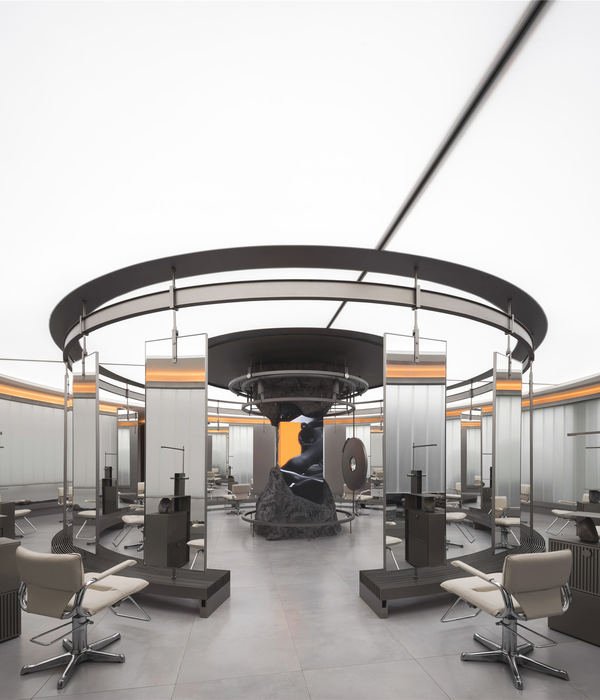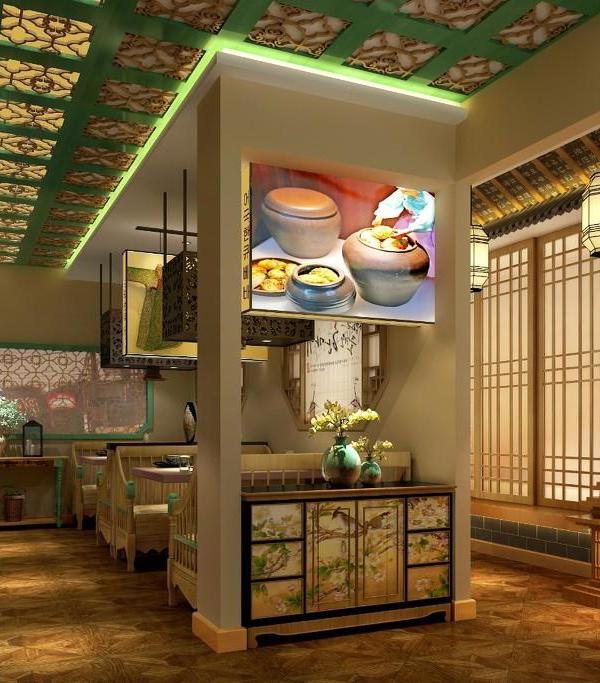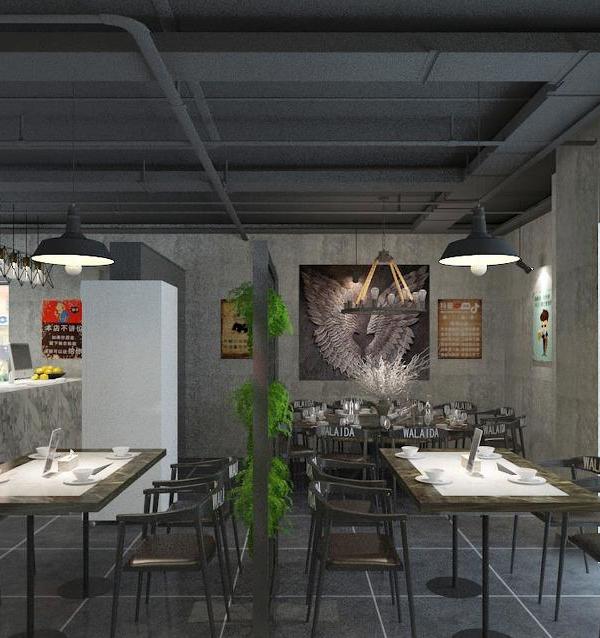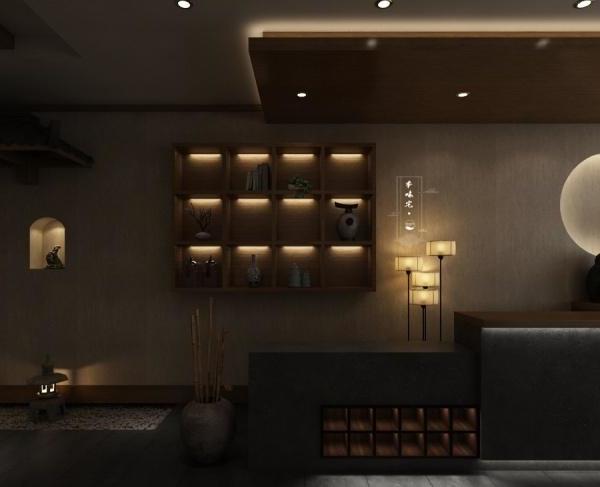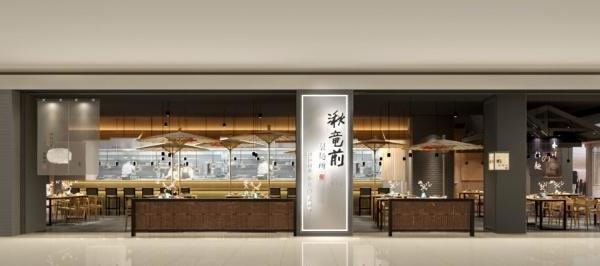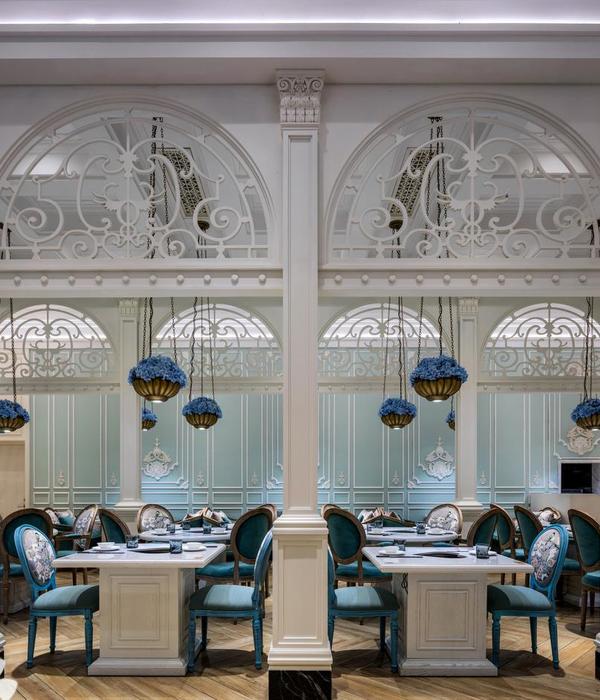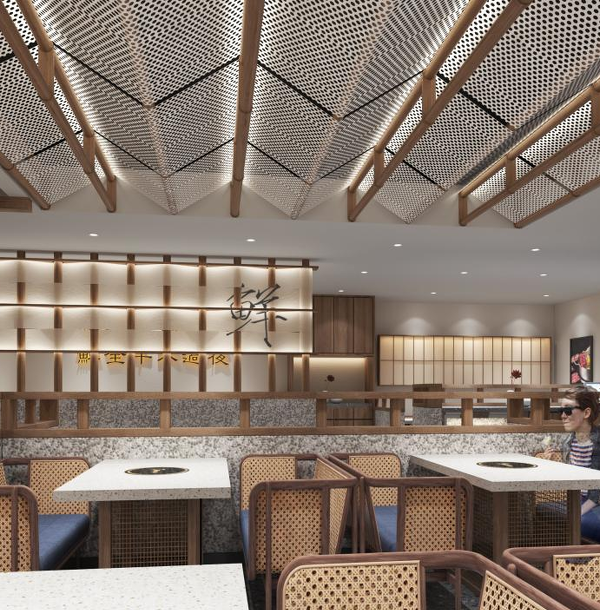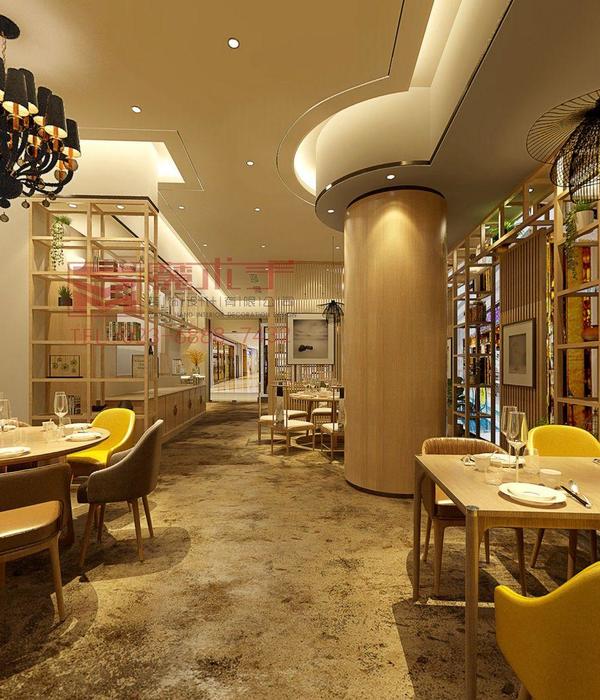城·市·再·生
Urban Regeneration
Renovation
[City◎成都]
[For◎OAD 欧安地建筑设计]
李颖悟
OAD 欧安地建筑设计
创始人
你嗅到这个地方过去的一种味道,又读懂了一种新的“别有用心”,
这让你心潮澎湃,一种“逃离日常”的幸福感油然而生。这些心情的满足正是我们设计城市更新项目的初衷。
成都这座城市和我们是很有缘分的,也是我最喜欢的城市之一,
就设计而言,成都是最好的地方,也是最难的地方。
好在成都是包容的,接受变化,就像“川剧变脸”,接纳一切新奇的事物和多样的声音;难在成都商业的内卷严重,相对不高的开店成本,让任何一种定位与特色,在成都都能找出数个相似案例。因此,在成都亮相总要玩些花活。
在后疫情时代,人们的工作和生活都在发生变化,同时推进了郊区游和远程办公的发展,我们想通过鸳鸯火锅这样亦正亦邪、亦新亦旧的设计构思,
挖掘每个城市更新项目自己的特点,梳理每个项目的独特“剧本”,
创造一个耳目一新的场景,为新的生活方式的递进而推力。
UR案例
■ No.054
#隐藏在清朝旧街巷的火锅店#
01
寄炉餐厅的独特体验便来自于
百年官邸的仪式感融合在
这一院一桌一味中,
新与旧的依存,
处处可见,
却又处处合理。
Culture
&
History.
寄炉源起于寄庐,2020年入选“成都第十八批历史建筑”。一代抗日名将王克俊将军曾居住于此,他是少数几位能在第三战区打满全场的将军之一。寄庐原义为“寄希望与未来于一庐”,如今引申为“寄珍馐与美味于一炉”。
Jilu originated from Ji Lu residence, which was included in the '18th List of Historic Buildings in Chengdu' in 2020. Wang Kejun, a famous anti-Japanese general, who was one of the few generals participated in all battles of the third war zone, once lived here. The original meaning of Ji Lu is 'reserving aspiration and the future in one house', and now it is extended to 'containing delicious and tasty food in one pot'.
成都市历史建筑
Historic Building in Chengdu
成都市历史建筑
Historic Building in Chengdu
02
我们想通过鸳鸯火锅这样亦正亦邪、
亦新亦旧的设计构思,
挖掘每个城市更新项目自己的特点,
梳理每个项目的独特“剧本”,
创造一个耳目一新的场景,
为新的生活方式的递进而推力。
Design Concept.
老宅经历过从住宅到住宅,再到小吃店、串串店、烧烤店、火锅店的身份变换。历届租客并不在意这座老宅的价值和历史,只是贪图旁边社区和学生所带来的微薄效益,也不在意老宅的维护,以至于在店主接手时宅子内部已经破败不堪,一片狼藉。老宅年久失修,但精致的门头却掩盖不掉往日的峥嵘,与周边的小层楼各自独处着。
The old mansion has undergone a change of identity from residence to residence, then to snack bar, chuanchuan restaurant, barbecue restaurant, and hot pot restaurant. The previous tenants didn’t care about the value and history of this old house, they were just attracted by the meager benefits brought by the nearby community and students. With poor maintenance, the inside of the house was already dilapidated when the owner took over. The old mansion had been in disrepair for years, but the exquisite lintel could not conceal its magnificence in old time, and it stood alone with the surrounding small buildings.
老宅改造面临着社会与现实的双重挑战。OAD将场地自身的逻辑与当代的设计思维进行了融合,最终延续了 “地域文化新体验”的设计理念,打造了一个既有成都文化底色又兼具社交体验的生活场域,让一座百年老宅在快被埋藏进岁月深处的时候,再次有了人间烟火气。
The transformation of old mansion faces the dual challenges of society and reality. OAD integrates the venue’s original logic with contemporary design ideas, and finally continues the design concept of 'new experience of regional culture', creating a living space with both Chengdu’s cultural background and social experience, filling a century-old house with vitality again when it was about to be buried in the depths of the years.
改造前后对比
Comparison Before and After Renovation
改造前后对比
Comparison Before and After Renovation
临街侧铺前后对比
Comparison of Street Side Shop
半户外收银台空间前后对比
Comparison of Semi-outdoor Cashier Desk
我们尽可能的保留了建筑主体的梁柱结构,对门头进行了整体修复,重现民国私邸门楼的造型特色。建筑老墙是粗竹编加批灰泥,新墙则在加固的基础上,采用了青砖和灰瓦,增添了历史的厚重感和新建的当代性。
We kept the beam and column structure of the main building as much as possible, and repaired the lintel to reproduce the form characteristics of the private residence’s gate from the period of the Republic of China. The old walls of the building are made of thick bamboo weaving and plaster, while the new walls are reinforced with black bricks and gray tiles, adding a sense of historical heaviness and new construction’s contemporariness.
门头
Lintel
院内青苔满地,露天小景,室内保留了原空间高度,并在空间格局上做了新的划分,将当年的私人生活起居空间分隔成几间开合灵活的餐厅体验空间。内含天井、后厨、杂物间、卫生间、大堂、包间、咖啡厅等。
The courtyard is covered with moss and holds outdoor micro landscape, while the interior retains the original height of the space, and made a new division in spatial pattern, dividing the old private living space into several flexibly connected dining experience spaces. It contains patio, back kitchen, utility room, washroom, lobby, private room, coffee shop, etc.
天井
Patio
室外遗韵犹存,室内新颖绽放,将过去和当代融合的恰到好处。
With outdoor heritage and new interior space, the restaurant merges the past and the contemporary just right.
保持原建筑最高空间的内环境
Interior Maintaining the Highest Space of the Original Building
03
数十年前是摆在街上,
摆在坝子上的
茶摊、麻将摊和火锅摊,
年轻一代则是街头外摆,
让门面做吧台。
不管是咖啡馆和精酿,甚至餐厅,
随意、放松和随时“快耍慢活”的追求
从来没有变,变的只是表现形态。
Material Application.
成都老城区的平房屋顶多是木结构加灰瓦叠盖,常年漏雨且藏污纳垢。考虑到这样的方式已不再适合当代人的生活,更不能作为餐厅所沿用,我们用防潮防雨的沥青毡换掉了破旧的实木垫层。保证了建筑在不同环境下的坚固性和可观性。从项目的可持续性和在地性出发,设计中还应用了传统的自然材料,就地取材,旧物利用。老楠木和建渣回收材料都运用当代手法在装饰隔断系统和卫生间分别呈现,建筑主体的梁柱柏木结构也在工匠的打磨之下露出了原本的拙朴肌理,在各个空间内再次成为焦点。
The roofs of single-storey houses in Chengdu’s old town are mostly wooden structures covered by gray tiles, which leak rain all year round and hold dust. Considering that this condition is no longer suitable for the lives of contemporary people, and cannot be used as a restaurant, we replaced the shabby solid wood cushion with moisture-proof and rain-proof asphalt felt, which ensured the robustness and observability of the building in various environments. From the perspective of the sustainability and locality of the project, traditional natural and local materials, as well as old objects are also used in the design. Both the old Phoebe zhennan and the recycled materials are presented in the decorative partition system and the bathroom with contemporary techniques. The beam-pillar cypress structure of the main building also reveals the original simple texture under the polishing of the craftsman, and once again becomes the focus in each space.
大门推开后的进深视角
In-depth Perspective Behind the Door
餐厅内堂往室外天井看视角
View from the Restaurant’s Interior to the Outdoor Patio
过道空间
Aisle
餐桌椅是当地工匠们按照设计图纸手工制作,设计灵感来源于中国70年代的餐椅形态。室内随处可见一些旧时代的老物件,这些老物件被循环再利用,成为空间的点缀,串联起时代的故事。设计师希望可以唤醒人们的记忆,食客也将成为这所老宅子和这锅厚味的新的见证者。
The dining table and chairs were handmade by local craftsmen in accordance with the design drawings, which are inspired by the shape of the dining chair in the 70’s in China. Some old objects reused can be seen everywhere in the interior, becoming embellishment of the space, and connecting the stories of the times. The designer hopes to awaken people's memories, and the guests will become new witnesses to this old house and this pot of taste.
半开敞包间
Semi-open Private Room
室内细节
Interior Details
当地老建筑垂花门残片装饰
Fragment Decoration of Festoon Gate in Local Old Building
室内陈列关于当代成都市井生活的写实艺术作品
The Interior Displaying Realistic Artworks of Chengdu’s Contemporary Life
04
嗅到这个地方过去的一种味道,
又读懂了一种新的“别有用心”。
Conclusion.
寄炉倡导年轻态度的生活方式,是繁杂城市中的一个轻松据点,而我们更加渴望的是更多老巷的复活。
Advocating lifestyle with a youthful attitude, Jilu is a relaxing place in a complex city, and what we are more eager for is the revival of more old lanes.
过去和现代的相遇
Encounter of the Past and the Present
过去和现代的相遇
Encounter of the Past and the Present
Principal Says.
在成都,大家有足够的接受度和包容心来面对新的品牌、新的空间与商品,碰见什么都愿意先试试,或者说愿意
为空降的生活方式,为一些日常的仪式感,为“超日常”的生活状态付费。
这其实和成都本身延续至今的城市气质相关,数十年前是摆在街上,摆在坝子上的茶摊、麻将摊和火锅摊,年轻一代则是街头外摆,让门面做吧台。不管是咖啡馆和精酿,甚至餐厅,随意、放松和随时“快耍慢活”的追求从来没有变,变的只是表现形态。
—— 徐菲
Drawings.
平面图
Plans
轴测分析图
Axonometric Drawings
大包厢立面图
Large Booth Elevation
大堂立面图
Courtyard Exterior Elevation
外立面
Exterior Elevation
项目档案/
项目名称:寄炉餐厅,成都
设计类型:城市再生/旧建筑改造/餐厅设计
项目地点:四川,成都市青羊区马镇街
业主单位:寄炉品牌
建筑面积:400平方米
摄 影: 龚锐
Project Information
Name: JILU RESTAURANT, CHENGDU
Design Category: Urban Regeneration, Building Renovation, Restaurant Design
Location: Mazhen St., Qingyang District, Chengdu, Sichuan
Owner: Jilu Restaurant
Construction Area: 400 sqm
Photo: Rui Gong
建筑规划/
设计单位:OAD 欧安地建筑设计
主创设计师:徐菲
主创团队:刘一霖、吕婧婧、咸红雨
结构设计: 车颖
设计周期:2017年
建成时间:2019年
Architectural Planning
Designer:
OAD (o.ffice for a.rchitecture + d.esign)
Principal: Fei Xu
Team Members of Designer
: Yilin Liu, Jingjing Lv, Hongyu Xian
Structure Design: Ying Che
Cycle of Design: 2017
Date of Completion: 2019
相关设计单位/
景观设计:索非设计
材 料:青砖、灰瓦、老楠木、柏木、不锈钢
施工单位: 成都索非装饰设计有限公司
合作单位: 人友家具、PAX International Goldmine Ltd
Other
Landscape Design: Suofei Design
Material: Black Brick, Gray Tile, Old Phoebe Zhennan, Cypress, Stainless Steel
Construction Team: Chengdu Suofei Interior Design Co., Ltd.
Collaborator: Renyou Furniture, PAX International Goldmine Ltd
项目荣誉/
2019年度大众点评人气餐厅
Project Honors
2019 Popular Restaurant on Dianping
{{item.text_origin}}

